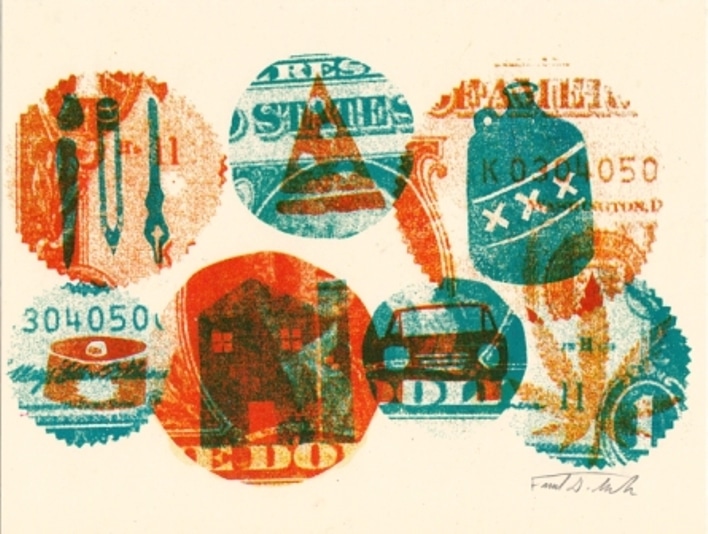If I’m being honest-and honesty is something I rely on blogging for-I didn’t have a budget most of my life. I had NO idea how to manage money. None. Zip. Zilch.
I was totally clueless about money and what to do with it. Sure I knew people put money in savings accounts but growing up I used to marvel in the thought of being able to afford certain, expensive, things. I remember when my neighbor renovated her bathroom and bragged to my mom about being able to pay cash for it since she budgeted the last three years for it. I thought ‘She paid cash for a whole bathroom renovation?!’ Though I was impressed with this financial accomplishment, it wasn’t until many years later that I attempted my first budget.
Who Needs A Budget?
Everyone needs a budget. How one chooses to build a budget will vary greatly (more on this next week) but everyone needs a budget. Without a budget you have no real understanding about where your money is coming from and going to. I don’t care if you’re living on a tight fixed income or have millions in the bank, everyone needs a budget of some sort. Everyone needs to know how to build a budget that works for them. Everyone.
The Importance of Tracking
The first step to being able to build a budget that works is to track your expenses. If you’ve never lived by a budget before, you have no way of knowing where your money is going. Trust me. You may think you know where your money is going, but until you really track your expenses for at least three months, you have no idea.
The logic behind tracking your expenses is to really see where your money is going. You’d be surprised how much those daily coffees, cash back withdraws at the grocery store and that weekly beer run add up to. If you want to build a budget that not only works but is successful you need to track your expenses.
I find the easiest way to do this is old school pen and paper. Every single time you buy something (with either cash or debit) WRITE IT DOWN. Don’t keep receipts and track it later, do it immediately or you will forget. For the next three months, spend as you normally would just write it down, every single item. If you don’t properly track with all details you’re setting your budget up for failure from the get-go. Being honest about your spending and lifestyle choices is key to being able to build a budget that works and having it be successful.
If you prefer higher-tech tracking, there are many apps available on both iOS and Android (sorry Blackberry you get the short end of the app world) that allow you to do just that. Since a lot of people have their smart phones permanently glued to their hand (guilty), this may work well. Even using the phone’s notepad would work. As long as you remember to track your expenses in whatever way works, it doesn’t matter. As long as you do it.
TIP: If you’re eager to get a budget going, and are a chronic debit card user, you can likely track your expenses from the previous three months by viewing your online expenses. This will only work if you basically never use cash. For us this works because other than maybe $20/month from random parking meters for my husband’s job, we debit every single purchase so we’re able to clearly see where everything from that $1.48 coffee to the $167.97 grocery expense comes from. If you tend to spend with cash you will need to track as above for at least three months.
Dishonesty is a huge reason why budgets fail. If you’re serious about being able to build a budget that works for you and your family, track honestly and come back next week to find out what to do next!
[Featured Image courtesy of http://dribbble.com/manvsink]










